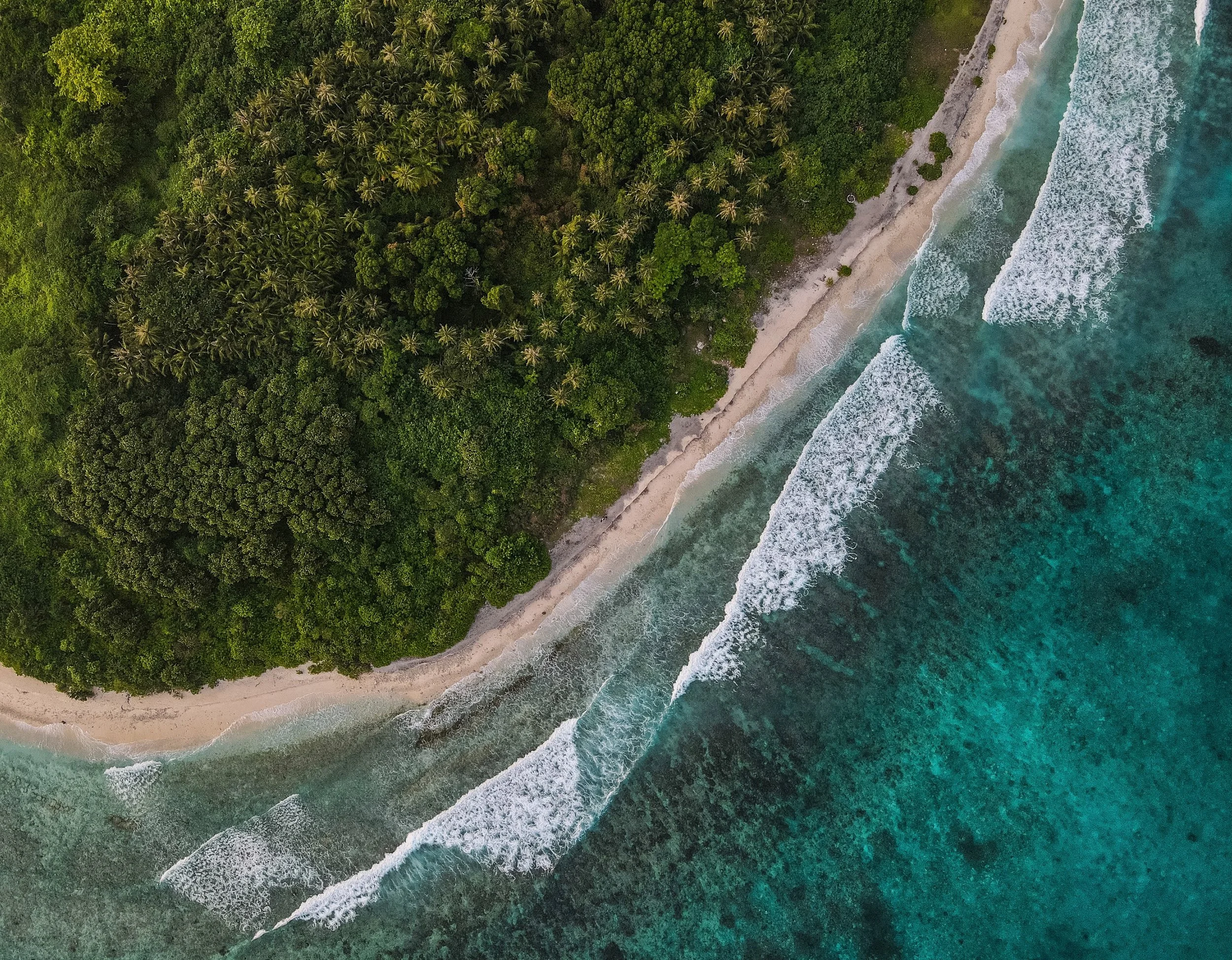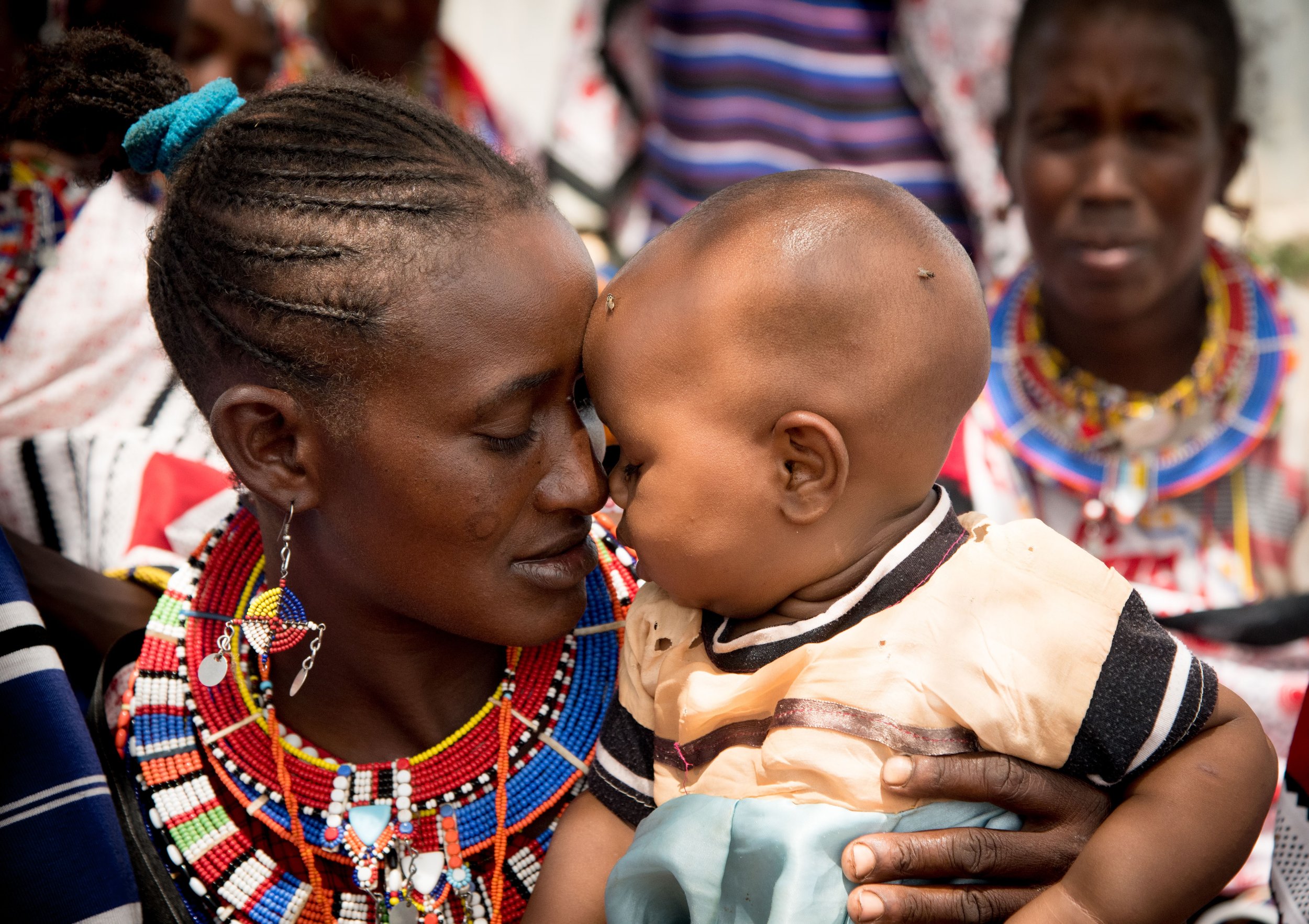LAST MILE JUSTICE
environmental justice for indigenous and local communities
Last Mile Justice (LMJ) is a US based, non-profit collective working as allies for and in solidarity with indigenous peoples and local communities around the world. LMJ partners with people, organizations, and governments in the world’s most remote, marginalized communities to ensure access to environmental justice including the protection of the lands, livelihoods, and cultures of women, men, and children living in the last mile.
Importantly, at Last Mile Justice we recognize that the land belonging to indigenous and local communities is home to a significant portion of the world’s biodiversity, contains the world’s most important carbon sinks, and enables the function of the global ecosystem services that underpin earth’s viability. Consequently, the work done by the women and men living in local communities to protect their natural birthright is a valuable service to all of humankind. At LMJ we seek to honor and acknowledge the critical and disproportionate role that the world’s most vulnerable people undertake on behalf of our common humanity.
Secure StoryTelling
Today, the tradition of storytelling is more necessary than ever. Not only do we rely on stories of natural wonder and social and environmental triumphs to feed our soul, but we rely on the personal experiences of those nestled in remote parts of the world to help us understand the state of our natural and social systems, the injustices left to be extinguished, and the role that each of us plays in ensuring that every person on this magnificent planet has access to a just society in a healthy, biodiverse realm.
However, storytellers are under tremendous personal risk as they are increasingly forced to bear evidence and serve as witnesses to their truths and the truth about their lands.
Velocity of Information
Historically, organizations have supported indigenous leaders, activists, and evidence bearers on a one- on-one basis. This singularity of relationships stems from a long history of siloed approaches to conservation and environmental justice, and, frankly, competition for funding. This approach is costly not only in terms of dollars spent but in terms of risks taken, opportunities lost, and lives sacrificed.
The velocity of money is a measure as to how many times a dollar bill changes hands. Similarly, the velocity of information and evidence is representative of an individual image, data point, or other confirmation of injustice being used again and again and again to hold individuals and corporations accountable and to ensure consumers are informed about unsustainable or illegal practices in a supply chain. By leveraging single evidentiary pieces multiple times, we will be able to reduce the risk evidence bearers, storytellers, and journalists face.
Capacity BUilding to Scale Justice
There are tremendous opportunities to scale impact through capacity building. Small organizations, passionate individuals, community leaders, and other stakeholders are doing everything they can - every single day - to hold the line against environmental destruction and environmental injustice. Last Mile Justice facilitates information flow and exchange in three powerful ways:
Advancing the democratization of enforcement
South-South exchanges
Judicial and enforcement capacity building.
© Annie Griffiths/Ripple Effect Images
Trust Based Grantmaking
Last Mile Justice supports partner organizations, local communities, and other stakeholders in their effort to ensure environmental justice is available in even the most remote communities. The Last Mile Justice team has vast experience in traditional and trust-based grant making. Last Mile Justice supports grantees with simplified proposal and reporting requirements, reduced grant restrictions, by building long-term relationships with partners, and facilitating connections between stakeholders. Last Mile Justice approaches its partnerships with deep humility, a profound focus on listening, and through the engagement of all community members including historically marginalized groups such as women, youth, and the elderly.

the land belonging to indigenous and local communities is home to a significant portion of the world’s biodiversity, contains the world’s most important carbon sinks, and enables the function of the global ecosystem services that underpin earth’s viability. Consequently, the work done by the women and men living in local communities to protect their natural birthright is a valuable service to all of humankind.
ConNECT
Our Headquarters are based in Seattle, Washington. We look forward to hearing from you.
Email
info@lastmilejustice.org
Phone
+1.202.834.9697




